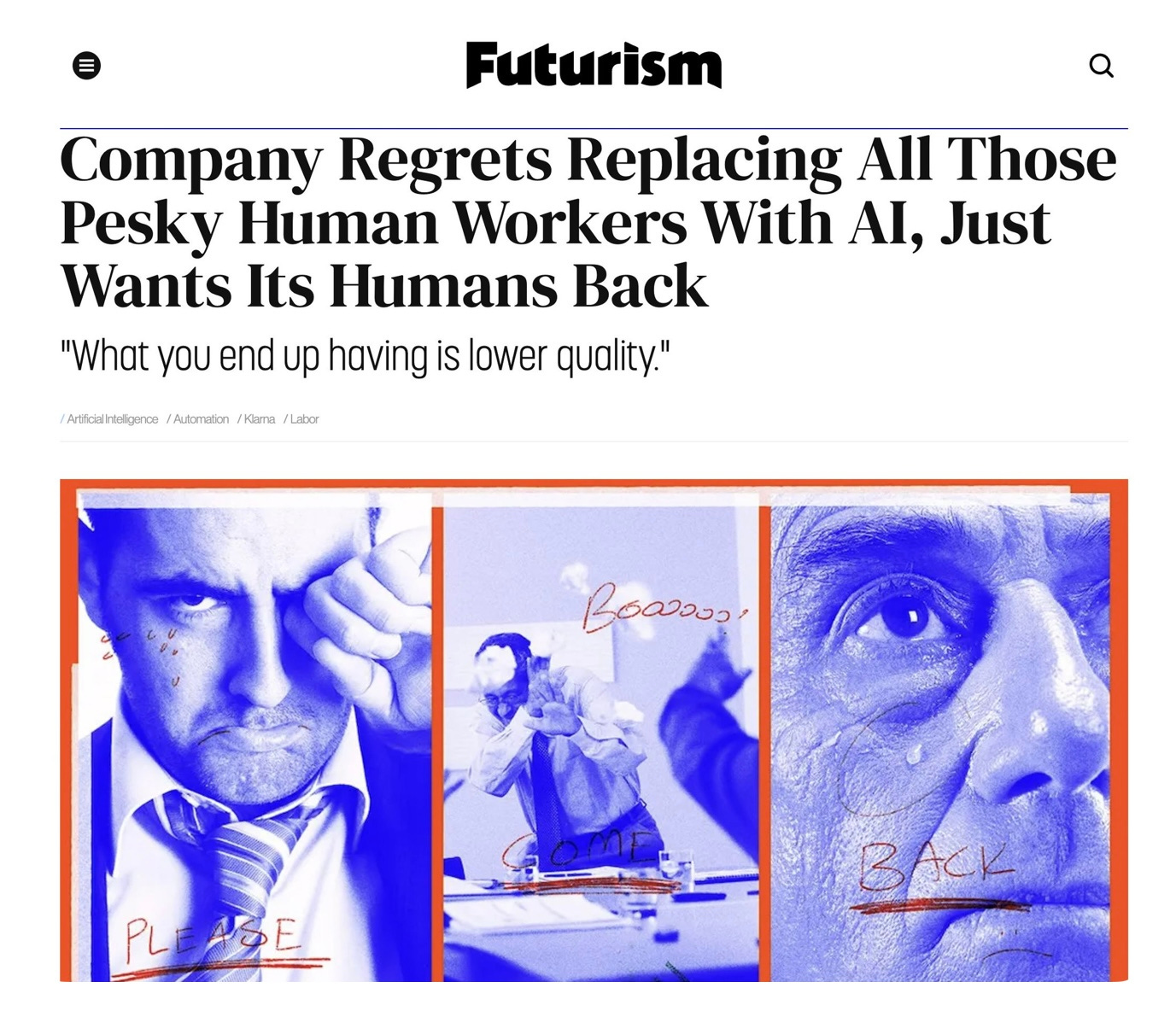
Exploring the Absurd: AI Promises and Big Tech's Struggles
In a recent reflection, Gary Marcus revisits a phrase he coined during a hiking trip three decades ago: “self-modern, post-parody.” This phrase has found newfound relevance as the artificial intelligence landscape continues to evolve in unexpected ways.
A Modern Parody in AI
Marcus highlights the case of Sam Altman, CEO of OpenAI, whose company has yet to turn a profit, yet boldly promises to harness AI to capture the value of the universe's light cone. This claim exemplifies a trend in the AI community that appears to verge on self-satire. As Marcus notes, the rhetoric surrounding AI often seems designed to provoke skepticism rather than inspire confidence.
The Repeated Missteps of Big Tech
Moreover, Marcus points out that when the AI sector is not indulging in self-parody, it tends to stumble in predictable patterns, often with significant financial repercussions. He mentions a project named Behemoth, which is an ambitious AI model that has yet to yield successful results. The name itself, which traces back to a “primeval chaos-monster” in the Book of Job, raises questions about the potential pitfalls of such grandiose undertakings.
Elon Musk and the Promise of Grok 3
In a broader commentary on the tech giants, Marcus also references Elon Musk’s claims regarding Grok 3, which Musk suggested would achieve genius-level capabilities. Yet, Marcus contends that it is not merely Musk who faces scrutiny; OpenAI's own projects, such as o3, have drawn attention for their shortcomings despite earlier claims of nearing artificial general intelligence.
Consumer Awareness and the Future of AI
As these narratives unfold, consumers are becoming increasingly aware of the discrepancies between promises and reality. Social media discussions, such as those noted by Marcus, reflect a growing skepticism among users regarding the efficacy of AI technologies. This shift indicates a critical moment for the industry as it grapples with the expectations it has set for itself.
In conclusion, the landscape of AI is fraught with paradoxes and challenges, where ambitious claims are often met with skepticism and reality checks. As the conversation around these technologies continues, it is vital for industry leaders to address the gap between expectation and performance.
Rocket Commentary
Gary Marcus's reflection on the phrase "self-modern, post-parody" aptly captures the current state of AI discourse, particularly as exemplified by Sam Altman's ambitious, yet profitless, aspirations for OpenAI. This self-satirical tone underscores a troubling trend where grandiose claims overshadow the practical realities of AI deployment. While it is essential to dream big, the industry must pivot towards accessible and ethical implementations that genuinely transform businesses and society. The rhetoric needs to shift from spectacle to substance, ensuring that AI technologies serve pragmatic purposes rather than becoming mere fodder for skepticism. This approach could restore trust and inspire real innovation, enabling AI to fulfill its potential as a transformative force.
Read the Original Article
This summary was created from the original article. Click below to read the full story from the source.
Read Original Article